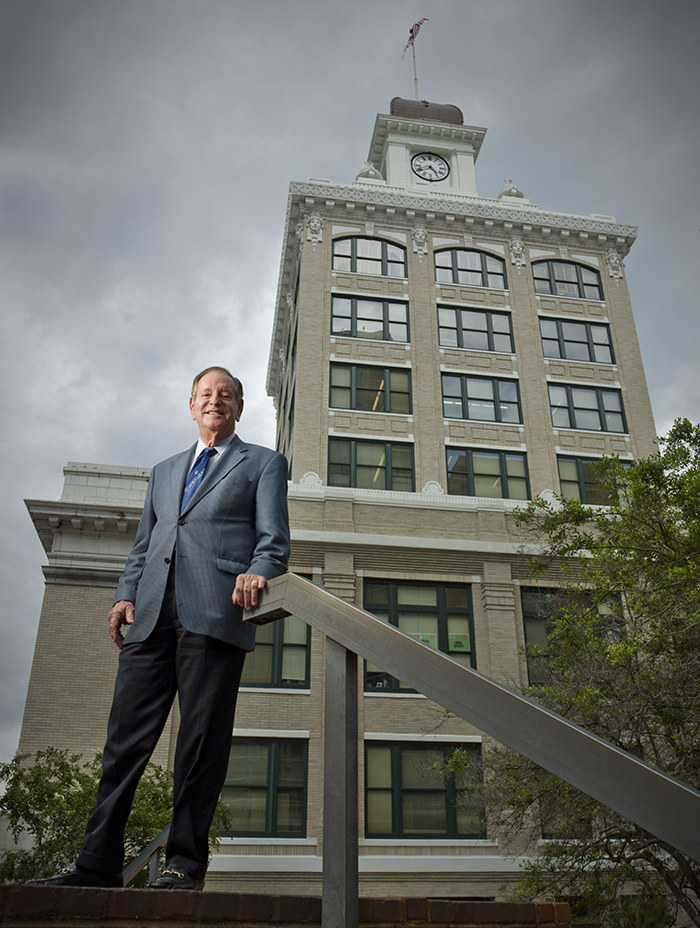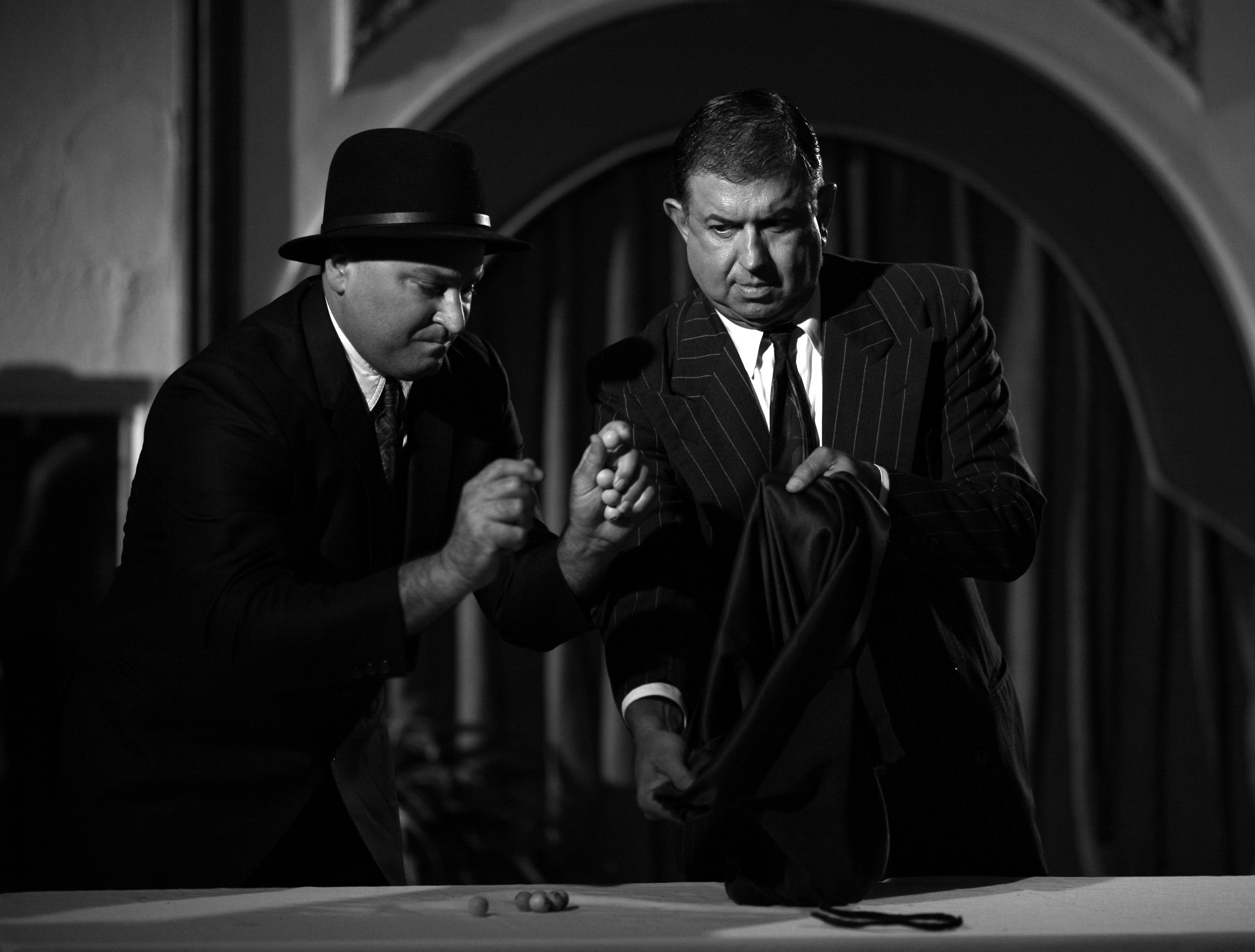
Tampa’s Deadly Game
How former Tampa Mayor Dick Greco ended the city’s vicious underground bolita gambling ring
By: Paul Guzzo
It was late November 1967. Tampa’s 35-year-old handsome and charismatic Mayor Dick Greco—who swooped into office just weeks earlier based on his JFK-like appeal—sat in a room full of gangsters that had plagued the city for almost a century. He was there to tell these men who made their living in the illegal gambling industry that the jig was up. The Tampa Police Department was using every tool at their disposal to finally bring their crooked ways to an end and there was nothing they could do about it.
Greco didn’t have a police escort. He was unarmed. No one in the world knew he was there. And, most surprisingly, he was unafraid—as cool and confident as always. After all, the men in that room may have been criminals, but they were also friends.
Greco served four terms as mayor of Tampa (1967–1973 and 1995-2003). He governed Tampa through the racial strife of the late 1960s and post-9/11 America and his name adorns the walls of many local institutions, including the electric streetcar, the Marriott Waterside Hotel, Centro Ybor, Raymond James Stadium, New Tampa and Hillsborough Community College’s Ybor City. Yet when asked to discuss his hardest decision as a public servant, Greco often thinks back to his first.
“It involved hurting my friends,” says Greco. “The hardest decisions to make are those that are best for the city but hurt those closest to you.”
It’s been nearly five decades since that infamous meeting with members of Tampa’s underworld and Greco remains tight-lipped about who was in attendance and the exact locale of the rendezvous. He won’t even offer a description of the men or the home, afraid that even a rough physical sketch of either could give away identities. But for the first time ever, he is willing to divulge a little bit about that day… the day bolita ended.
Tampa’s Era of Blood
The basic bolita game is a prelude to the modern day lottery. A hundred small numbered balls were placed into a bag and mixed thoroughly and bets were taken on which numbers would be drawn. In its heyday during the early to mid-1900s, thousands games were played each year and an estimated tens of millions of dollars was spent annually. Such money started a war among gambling factions, who used murder as their weapon of choice. Between 1922 and 1955, it’s reported that 21 people were killed and countless others were injured over control Tampa’s bolita ring. Historians have labeled that time period as Tampa’s “Era of Blood.”
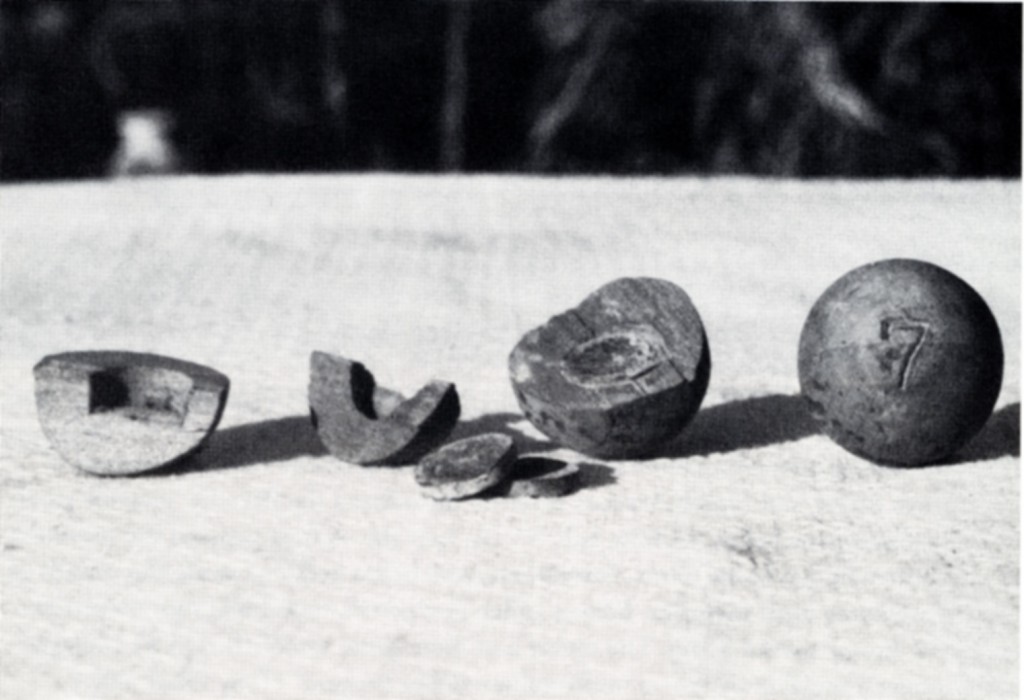
The illegal game bled into politics as well. Gangsters would fix elections by paying polling teams to stuff ballot boxes in favor of a candidate with whom they were “friends.” These criminals then asked the winning candidate to repay their kindness by ordering law enforcement to look the other way when it came to bolita games. It grew so out of control that in 1935 the federal government sent the military into Tampa on Election Day to guard polling stations. In 1950, a federal report on organized crime named Tampa as one of the most corrupt cities in the nation.
By the time Greco was elected mayor in 1967, bolita had begun to peter out and was replaced by legal games of chance. The bloody battle had long ended and new technology, such as lever-operated voting machines, made it too difficult for gangsters to fix elections.
But bolita still existed, if even on a small level, and Greco learned that it continued to have a negative impact on the city. He wanted to grow the city by luring major corporations to its boundaries, but the legacy of bolita made that difficult. As a city councilman, he talked to businessmen throughout the country, and many had expressed hesitation in relocating or opening new businesses in Tampa because of its stigma as a gambling city.
“They did not want to raise their children in such a city or relocate their employees to such a place,” Greco said.
While Tampa in the 1960s was far from the Wild West-type town it was in the early 1900s when gambling was everywhere, perception mattered more than reality. Greco said for Tampa to grow and reach its potential as one of America’s next great cities, bolita must die.
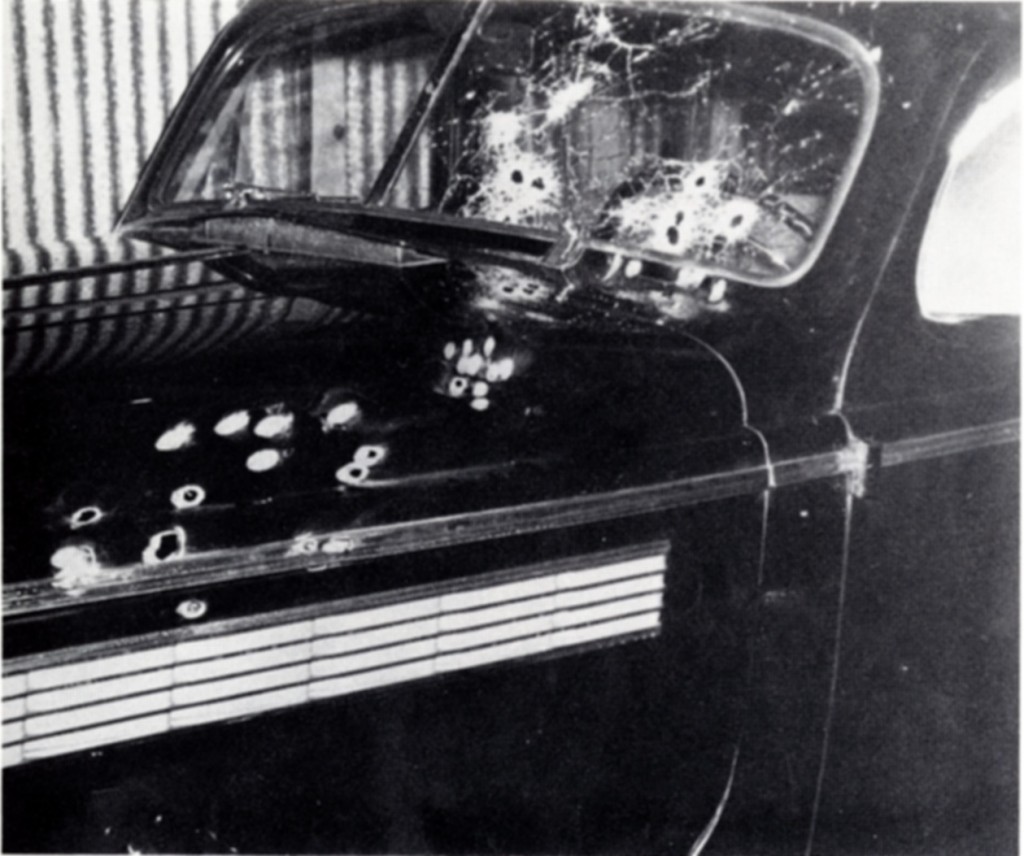
He was inaugurated into office on October 1, 1967 and his first major appointment was naming James “Babe” Littleton police the new police chief. To this day, Littleton is considered one of the toughest law enforcement officers this city has ever had.
“He’d arrest his own family if they broke the law,” said Greco.
Littleton’s No. 1 charge upon being promoted by Greco: end bolita once and for all. The gamblers knew that if Littleton said bolita was finished, it was finished.
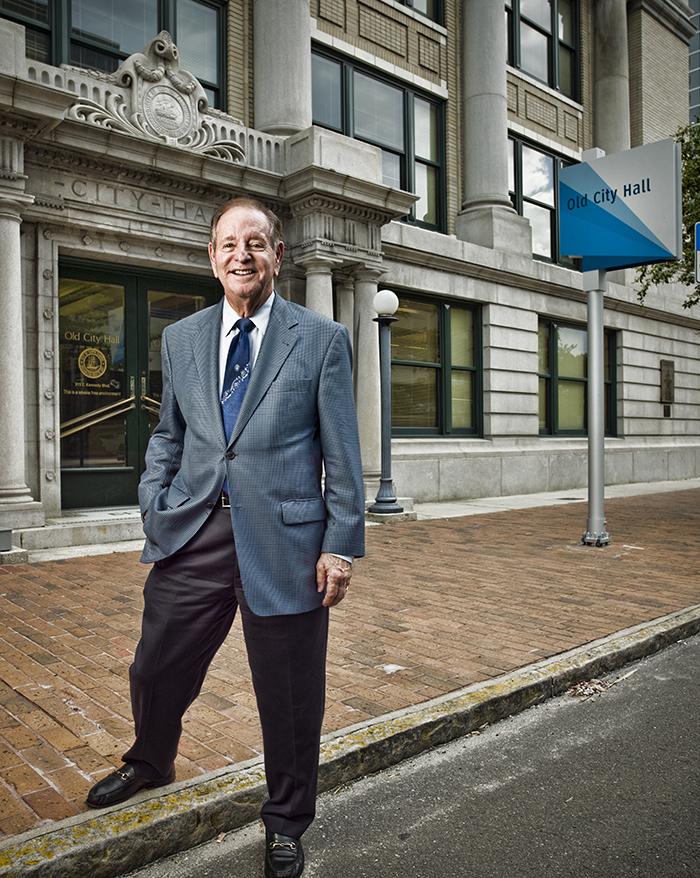
The Meeting
One night in November 1967, Greco received an unexpected phone call at his house from an old friend, a retired bolita gangster. Greco had known him since he was a child. He used to shop at Greco’s parents’ hardware store in Ybor City. When Greco’s children were born, he brought them presents. But this was not a friendly phone call. The man told Greco that he was taking him to a home near Cuscaden Park to meet with the men his war on bolita was affecting.
This wasn’t a request the young mayor would turn down. Some of these men were old friends of his father’s. Others were his age, men who were once boys that ran through the rural parts of Tampa with Greco playing childish games. He was confident that no one in that meeting would ever harm him.
“What you also need to understand is that these men weren’t evil gangsters like you see on TV. They weren’t the murderers who once caused so much trouble,” explained Greco. “They sold numbers; that’s it. They were not educated. Bolita was the only way they had ever known to make a living. They were just trying to survive another day. They broke the law to feed their families. And they were scared. They knew they would soon be out of a job.”
When Greco arrived, the gamblers began pleading with him to change his stance on bolita.
“’Why are you doing this to us?’ one of my friends asked me,” remembered Greco, who said the gambler’s voice was calm and filled with hurt, as though his own grandson just turned on him. “’What have we ever done wrong to you?’ he continued.”
That question stung. He had never done anything wrong to Greco. This man in particular had always treated him like family. As a child, Greco said he would sit on his knee and listen to his stories about growing up in Spain.
While the gamblers had nothing to do with Greco’s election victory—the days of ballot box stuffing were long gone—they expected some sort of preferential treatment from their old friend. That was the way things had always been, after all. Friends in power did favors for friends.
“’Is your son going into the bolita business?’ I asked my old friend, hoping I could reach him by speaking to his heart,” lamented Greco.
The old friend said no, explaining that his son was attending college. He told the roomful of gamblers how bolita was tarnishing the city’s image and hurting its bottom line.
“I told my friend, ‘You are so excited that your son is going to college; that he is going to be somebody. But what can he be in a city that can’t offer him new opportunities because businesses are afraid to come here?’”
But the men thought Greco’s anti-bolita stance meant he was against them. That could not have been further from the truth, he says. He wasn’t against them. He was for the city. He had to make the decision that benefitted Tampa, not a few good friends.
Soon the meeting adjourned and Greco was driven home. As he exited the car, he looked back at his longtime friend, hoping to get a smile or a wink, anything that would symbolize that their friendship wouldn’t end.
But all he said was goodbye. And he meant it.
A Deadly Game Ends
A few weeks later, The Tampa Times reported on the impending demise of bolita:
“Informed sources told the Times that for the first time in years not one bolita chance was sold in Tampa last Saturday… The sources also said the enforcement has thinned out bolita operators to the point where only a few peddlers are operating on their own now.”
“According to Mayor Greco, the police vice squad… has made a ‘special effort’ in the last two weeks in the area of bolita.
“Greco said word has gotten back to those persons involved that it would be difficult in the future to buy bolita here.”
Bolita was dead.
In time, big businesses came to Tampa, the first being Metropolitan Life Insurance in 1969-the second largest insurance company in the country.
“We didn’t expect to want to open a corporate office in Tampa when we first visited the city,” said Sam Fortunato, who was Met Life’s vice president of property management at the time and later became its CEO and president. “I think we were just humoring Tampa. We’d heard of Tampa’s checkered past with the mafia and corruption, but with Dick as mayor we saw Tampa as a city with potential. He was young and enthusiastic and a great salesman. We saw Dick as a breath of fresh air, a man who was getting Tampa to emerge from its shell and the Middle Ages.”
He doesn’t remember when it happened, but Greco said he will never forget the day when he and that old friend—the one who drove him to that fabled meeting—found themselves walking toward each other in Ybor City. The man crossed the street to avoid Greco. He never spoke to him again. Nor did many of the men with whom he met that night.
“But it was the right decision,” Greco states. “I hate hurting people, but as long as what I did was best for the city, I could live with myself.
“But still,” he concluded. “I missed my friends.”
